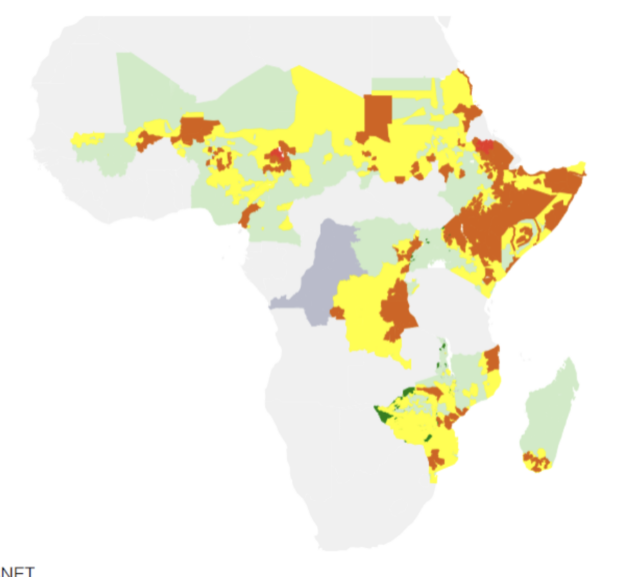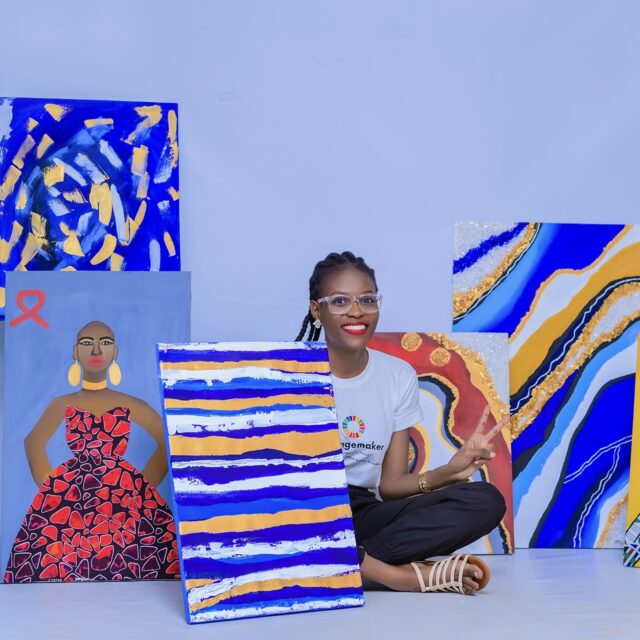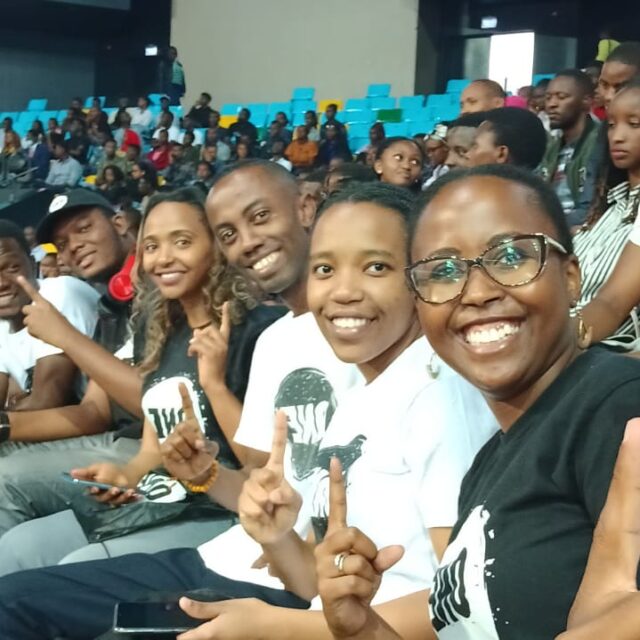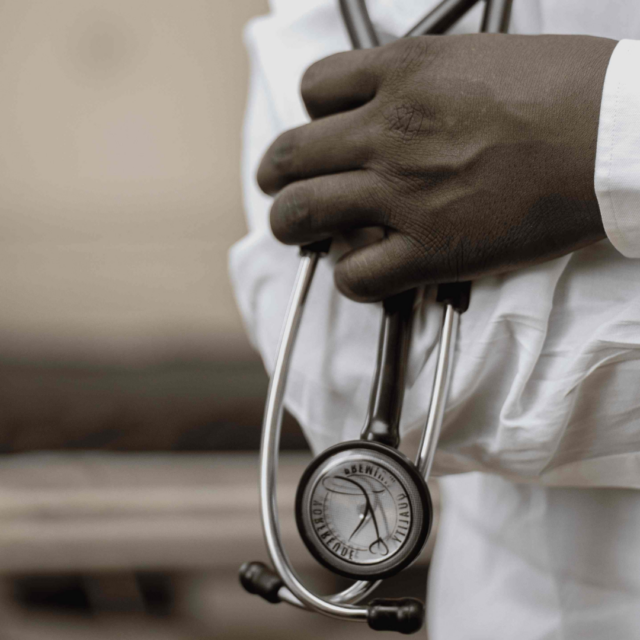COVID-19 is the crisis of our generation. As decision-makers carve out a path forward, they need the latest data at their fingertips to ensure we can protect everyone’s lives and livelihoods. That’s why we created the ONE Africa COVID-19 Tracker, which compiles data and analysis from global institutions, governments, and universities about the impacts of the pandemic across Africa.
The data in our tracker is timely, transparent, and telling. We deliver up-to-date intel on the most pressing and dynamic elements of this crisis on the continent. Here are five worrying trends that keep us up at night.
1. Africa’s vaccination rates are flatlining at around 1 dose per 100 people…
…While North America and Europe race ahead. At ONE, we’ve been sounding the alarm on this disparity. A handful of wealthy countries have purchased more than 1.3 billion excess vaccine doses than needed for their population, and our analysis shows that the supply of COVID-19 vaccines will outstrip demand in six of the seven G7 countries this summer. G7 countries must commit and plan to share surplus vaccine doses to maximize global coverage.
2. Daily vaccination rates aren’t gaining ground.
On 26 April, just 128,935 vaccines were administered on a continent of 1.2 billion people. That is the lowest number since at least 1 March. As we’ve had peaks and valleys in the number of daily vaccines administered, it’s easy to see why the total proportion of vaccinations is stalling. We’re very concerned that without a dramatic uptick in daily doses, the gap will continue to widen.
3. Speaking of gaps – the expectation vs. reality of COVAX allocations is stark.
Overall, African countries have been allocated enough vaccines to cover about 3% of the continent’s population (77.6 million doses). However, as of early May, they have only received 15 million doses — enough to vaccinate just over 0.5% of the population. With the COVAX Summit coming up in June, we’ll be paying close attention to who steps up and fulfills their commitments — and reporting our findings in our Vaccine Access Test, which assesses how well G20 countries and pharmaceutical companies are improving global access to vaccines.
4. The true cost of debt has real, human consequences.
Many African countries owe billions in debt repayments to other governments, multilateral institutions, and private creditors. Throughout the pandemic, the money used to pay debt service is money that they couldn’t invest domestically, including in health systems. For example, in 2021 alone, Nigeria will owe some $US 2.6 billion to private banks and bondholders. While eyes are on the escalating tragedy in India, experts fear that Nigeria’s neglected healthcare infrastructure could have similar, deadly consequences. The International Monetary Fund’s decision to create $650 billion in Special Drawing Rights is a big win, but this concern underscores why we’re fighting for debt relief.
5. Food insecurity is a growing crisis.
Prior to the COVID-19 pandemic, there were 239 million undernourished people living in sub-Saharan Africa. This is due to a few interconnected factors, including armed conflicts and extreme weather events, but the ripple effects of COVID-19 have shocked global food systems and risk doubling the number of hungry people in the world. Among other indicators, we’re tracking food inflation on the continent — currently 42% in South Sudan and 27.2% in Zambia — to better understand the contours of this crisis.
How to stay informed
We’re keeping the Africa COVID-19 Tracker data fresh and relevant, so decision-makers have the good data they need to craft policies. This means delivering rapid updates on figures as they become available — for the above measures and many more — and we’ll keep rolling out new features and insights. To stay up to speed with the latest numbers, headlines, and analysis, sign up for our Aftershocks newsletter and follow us on @ONEAftershocks. We can’t wait to see you there.



